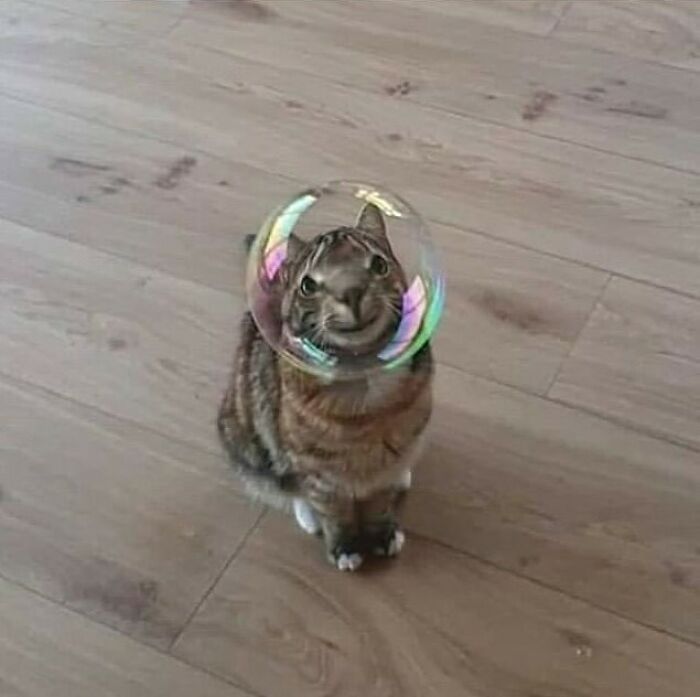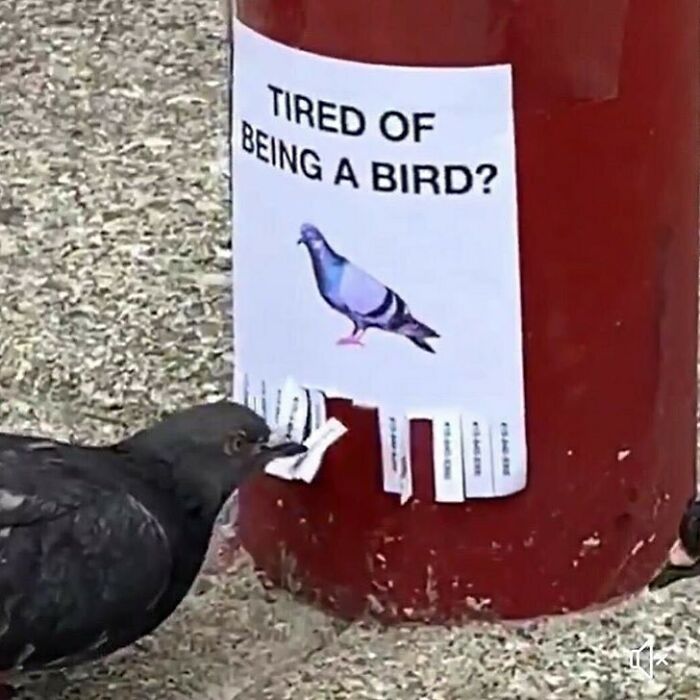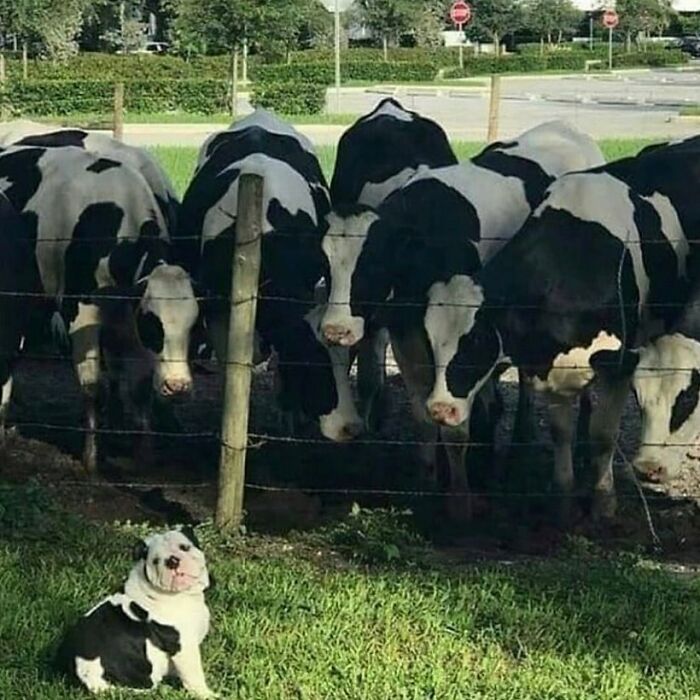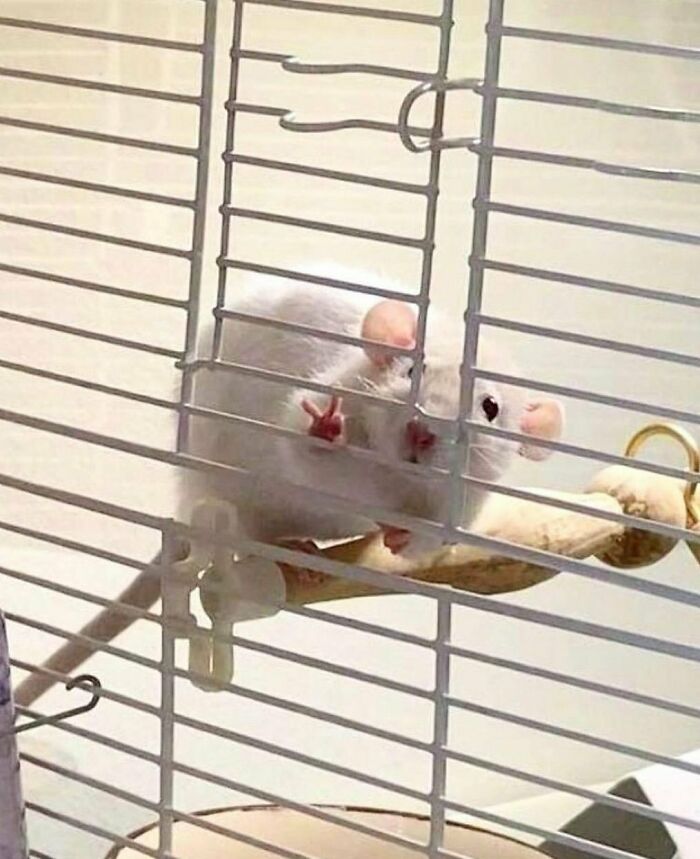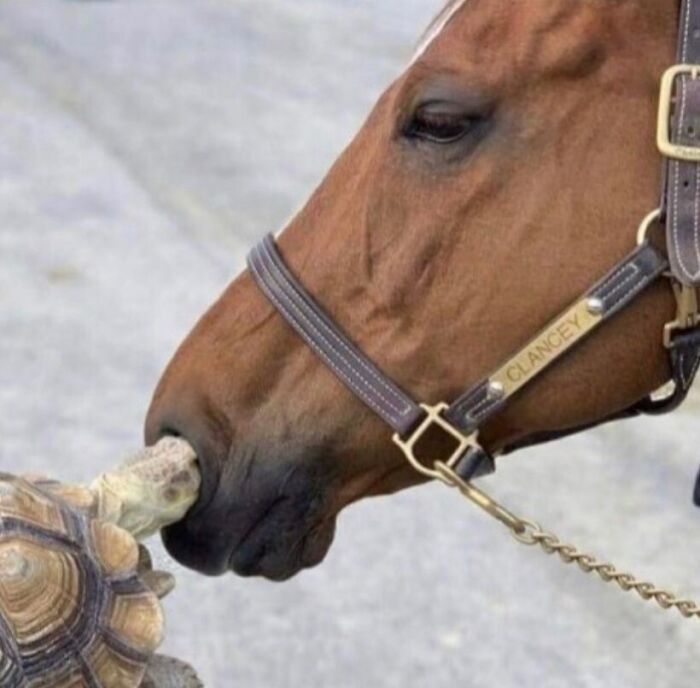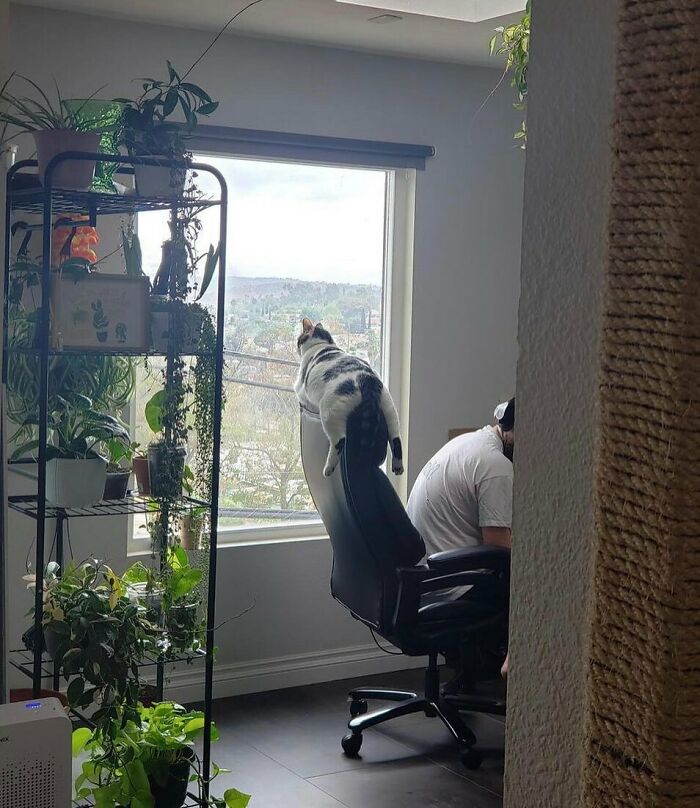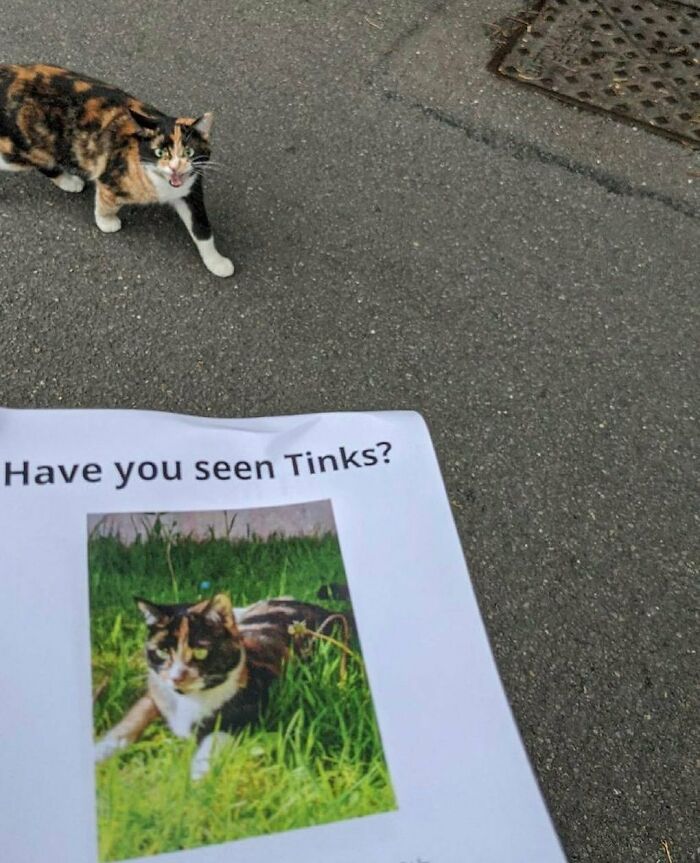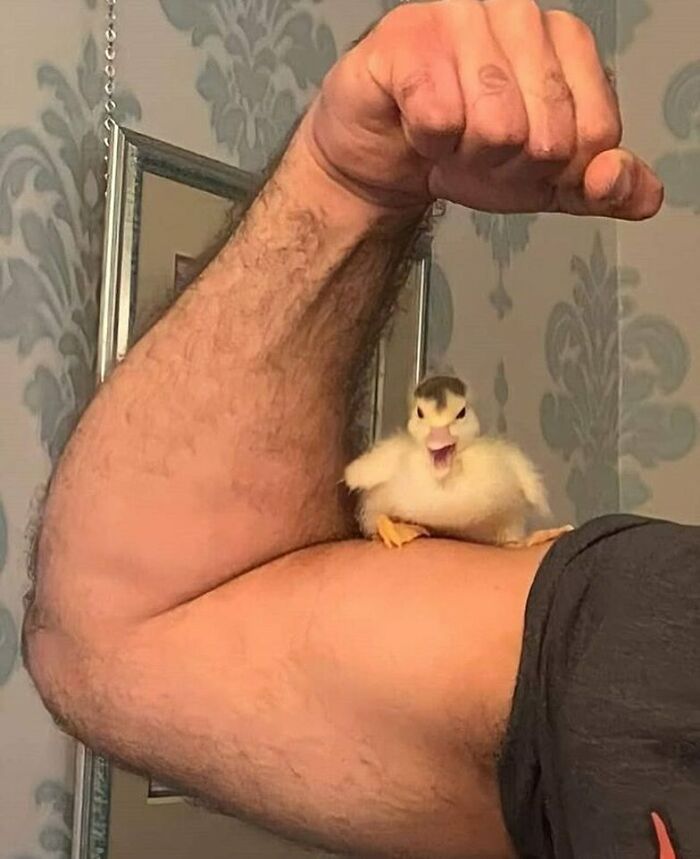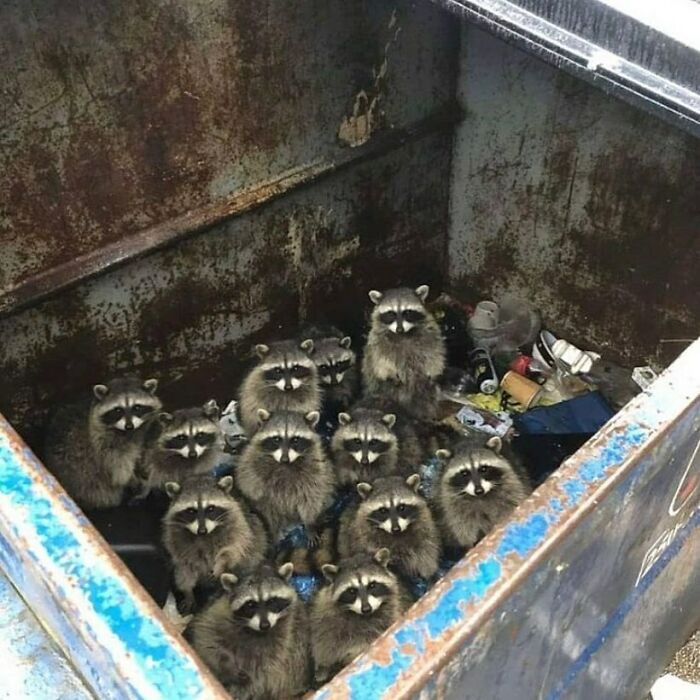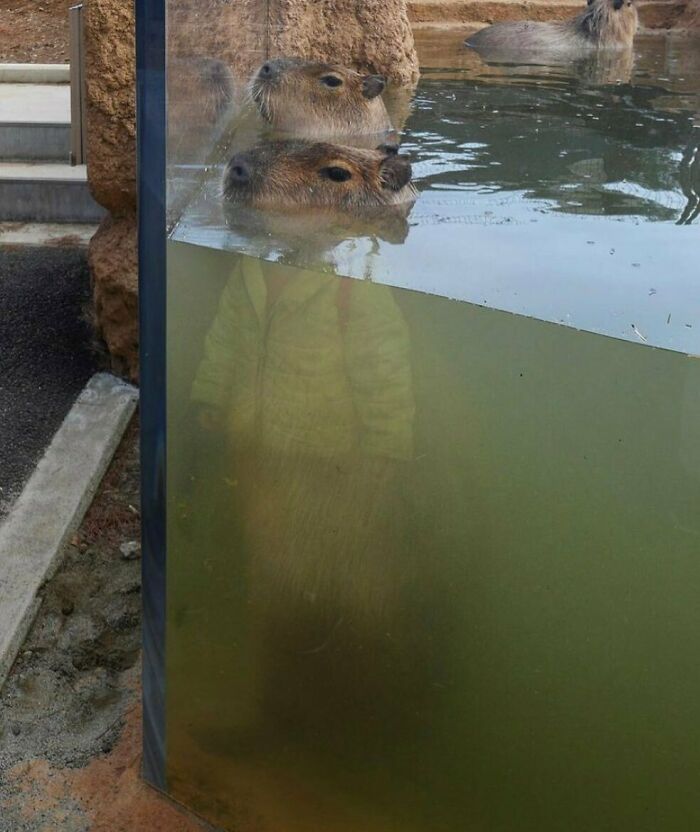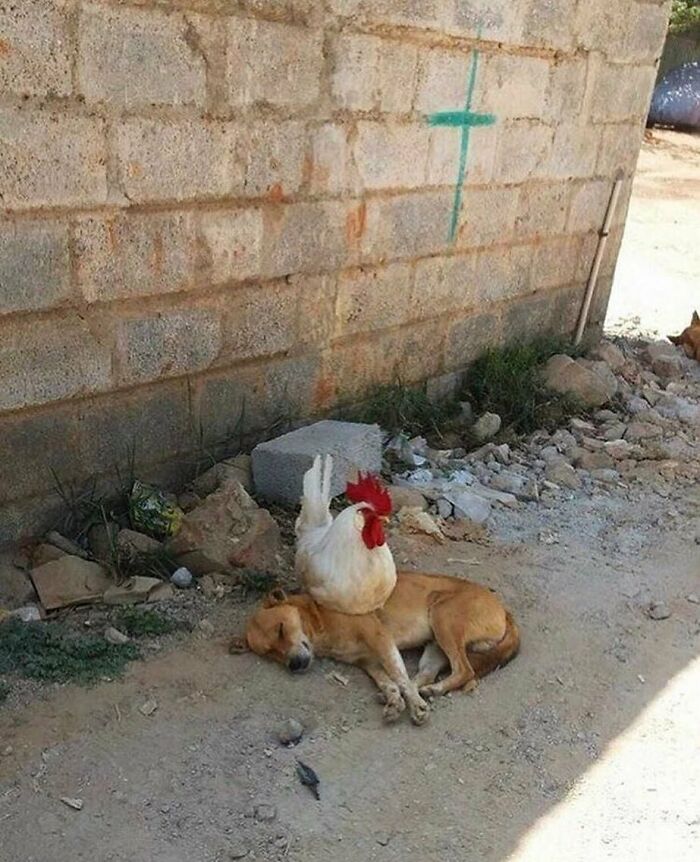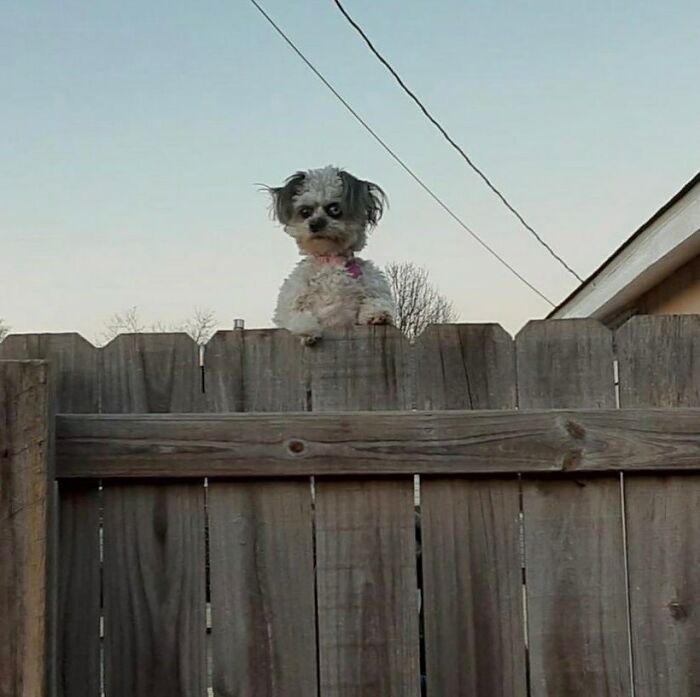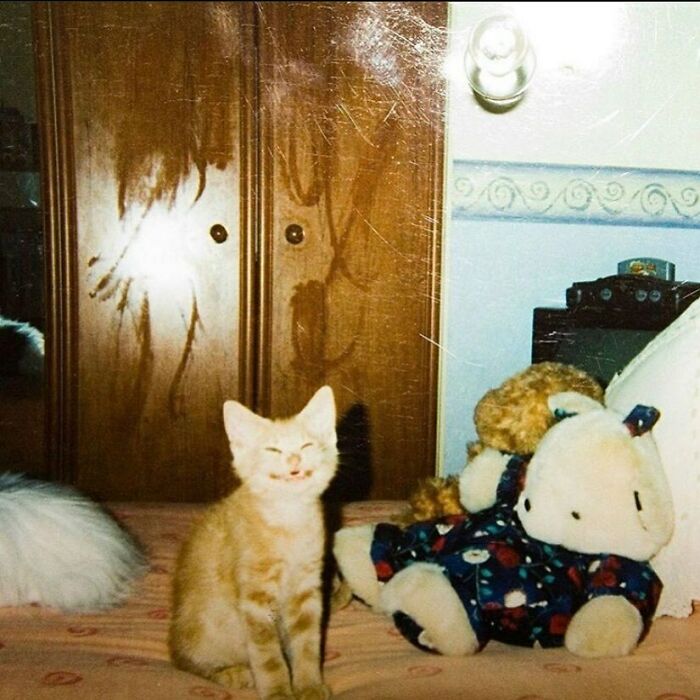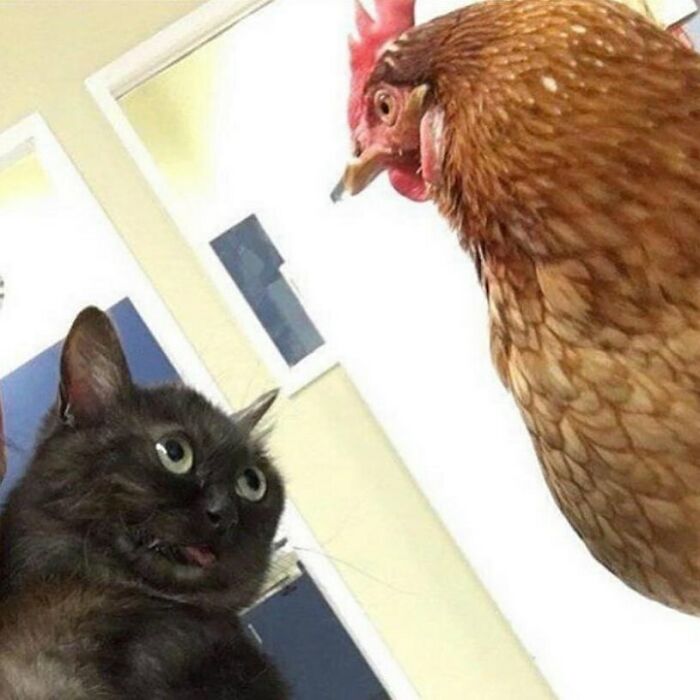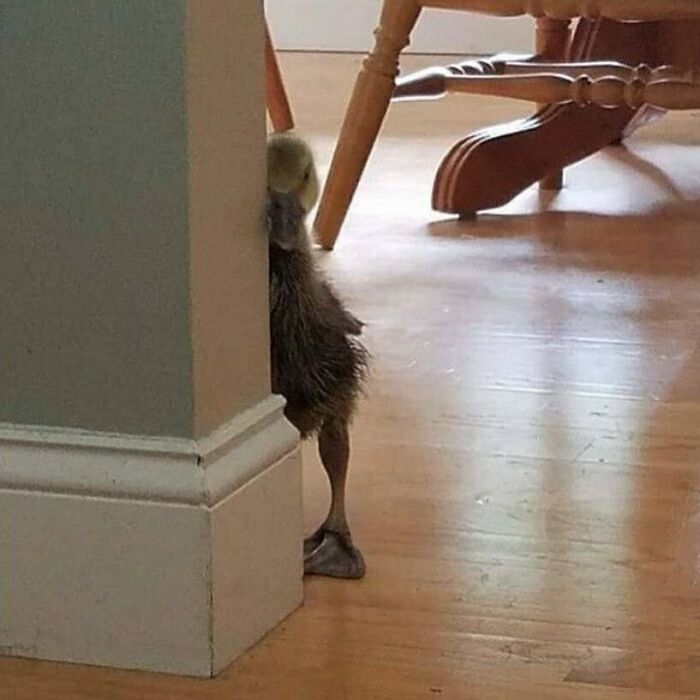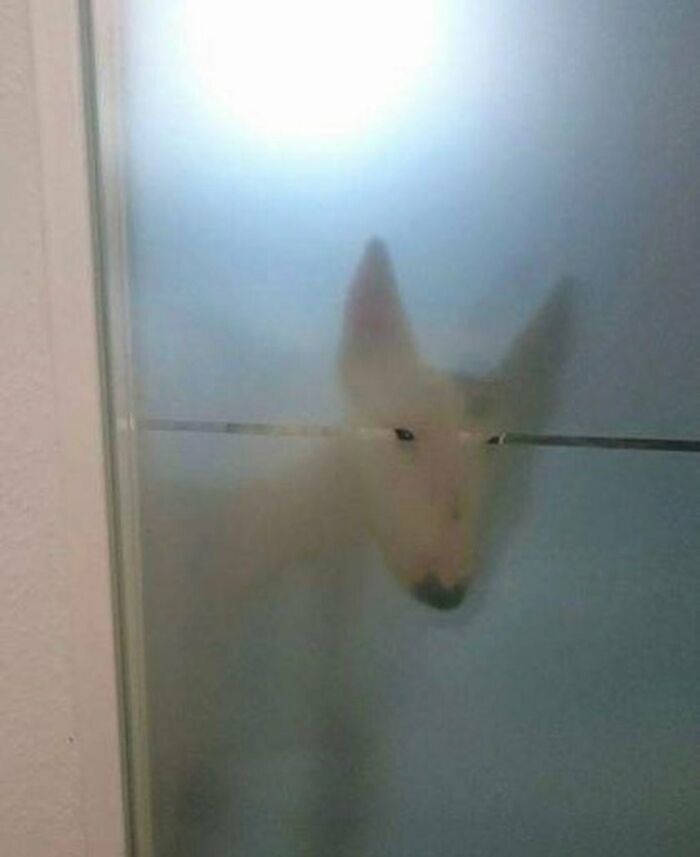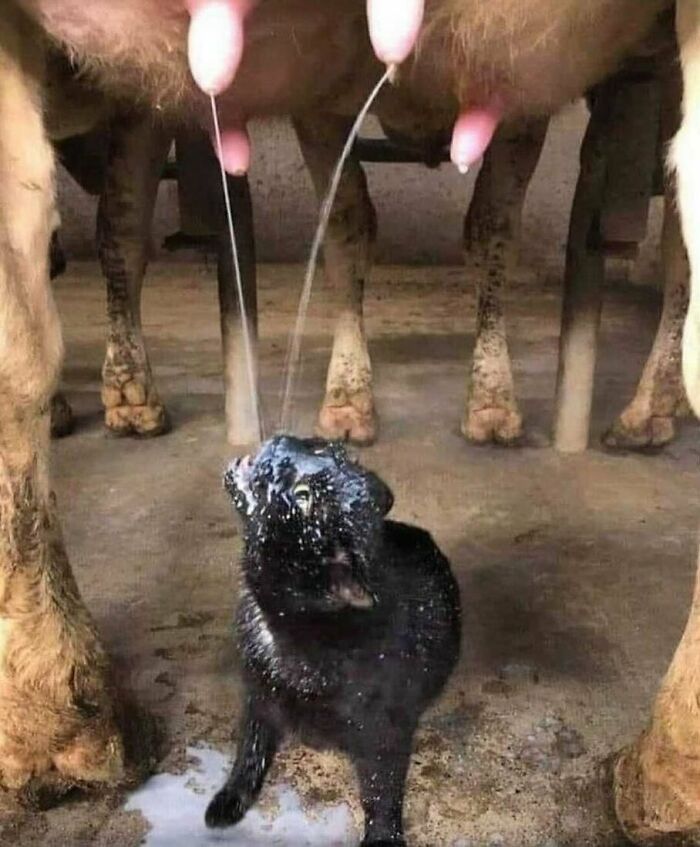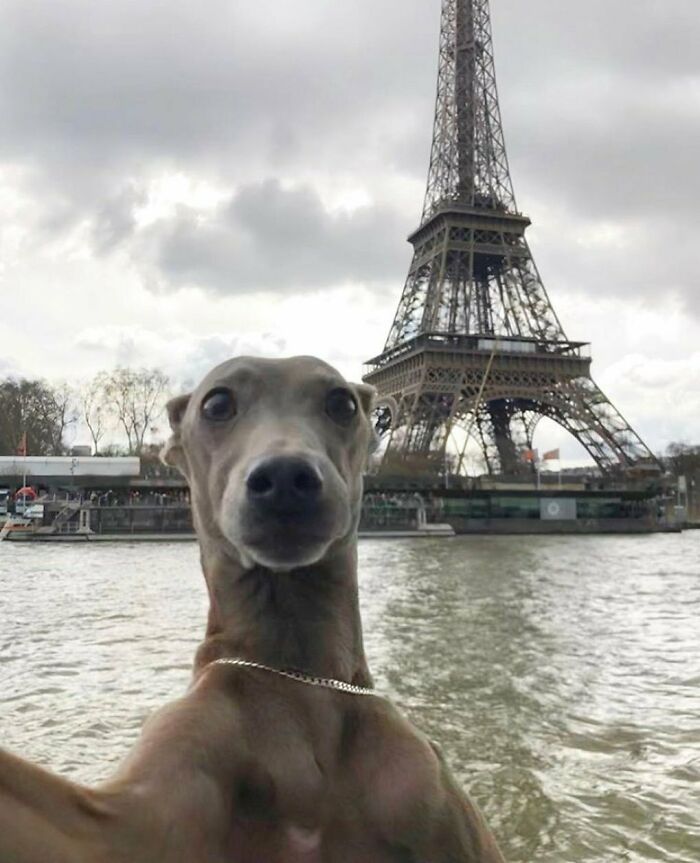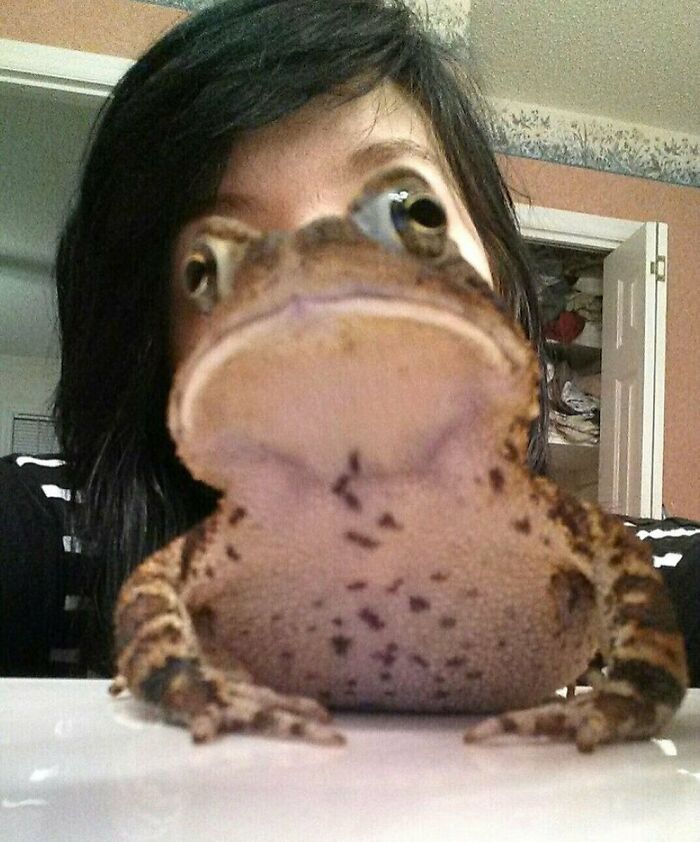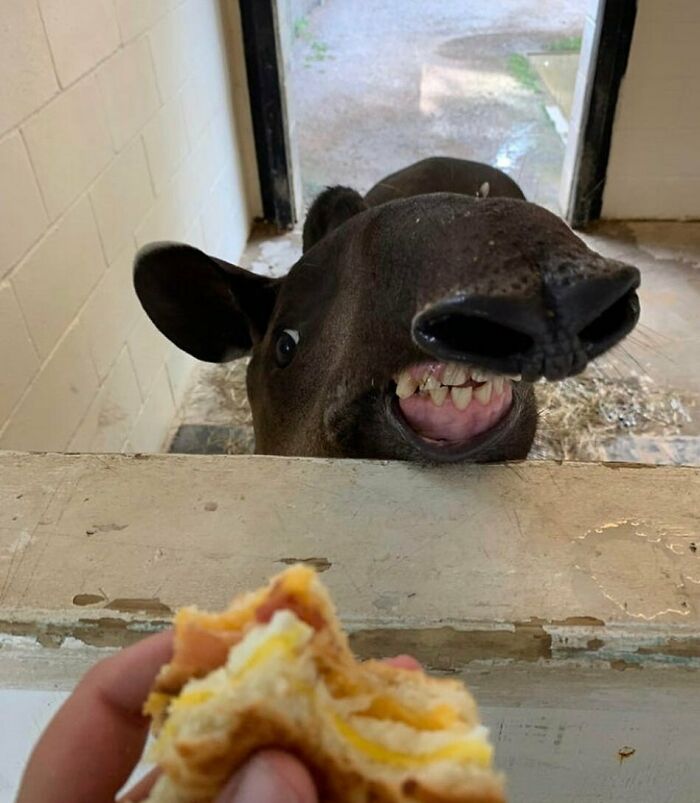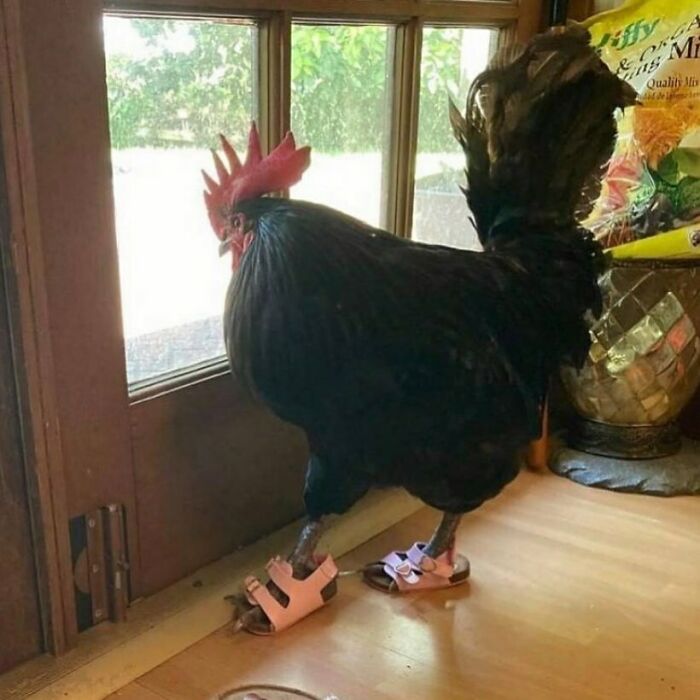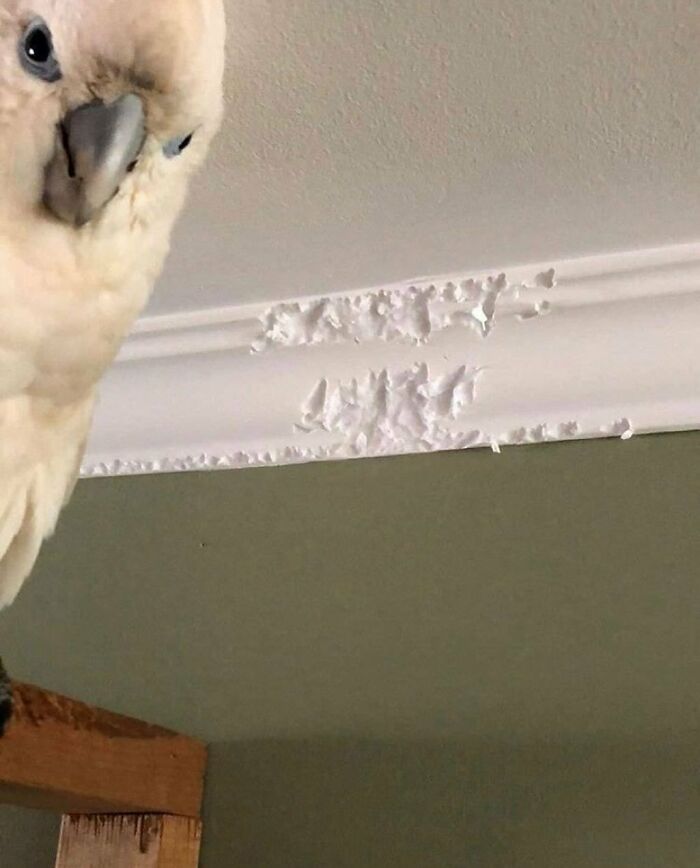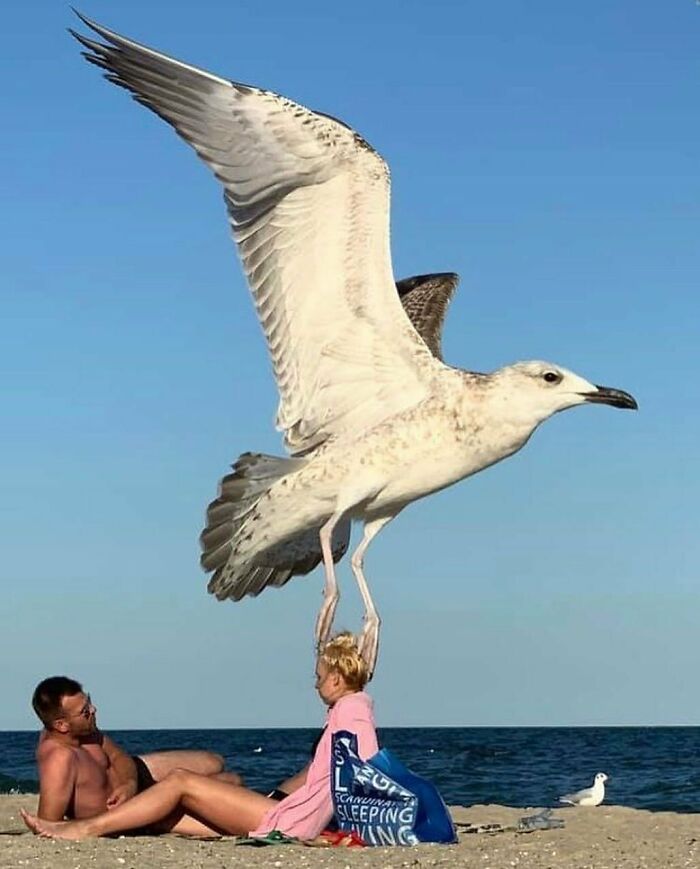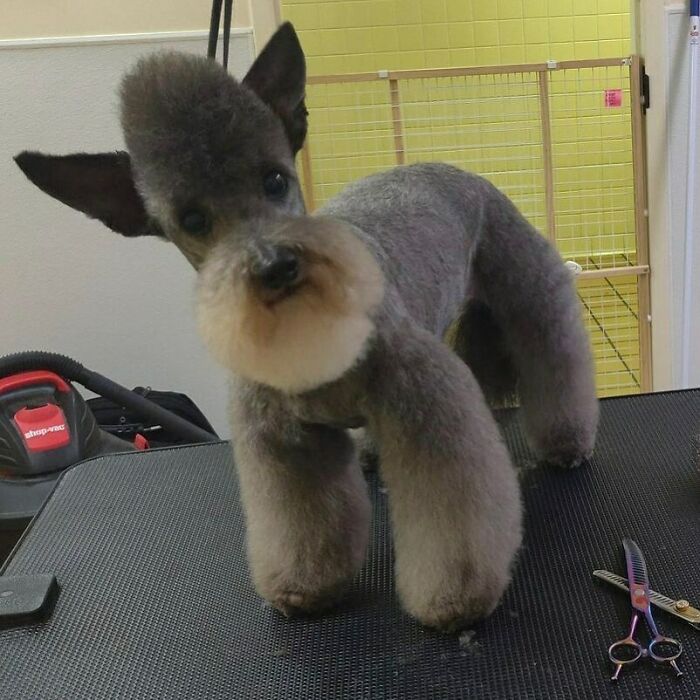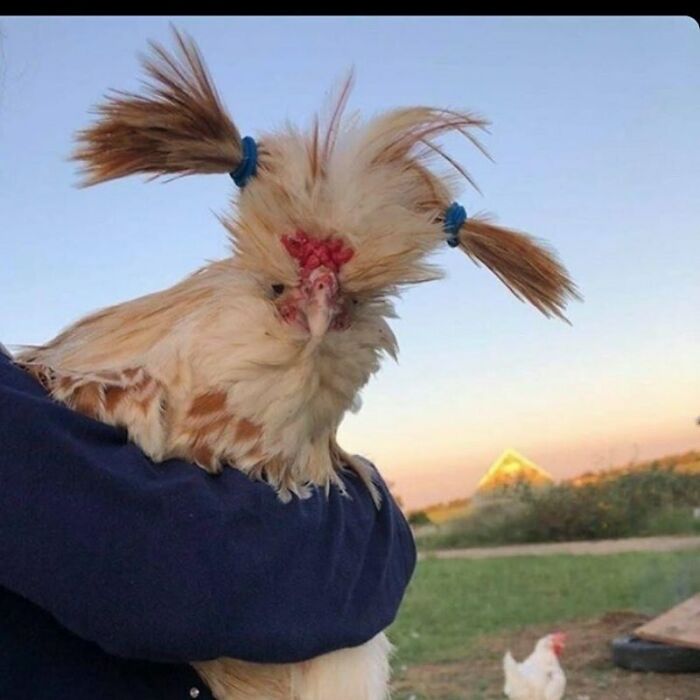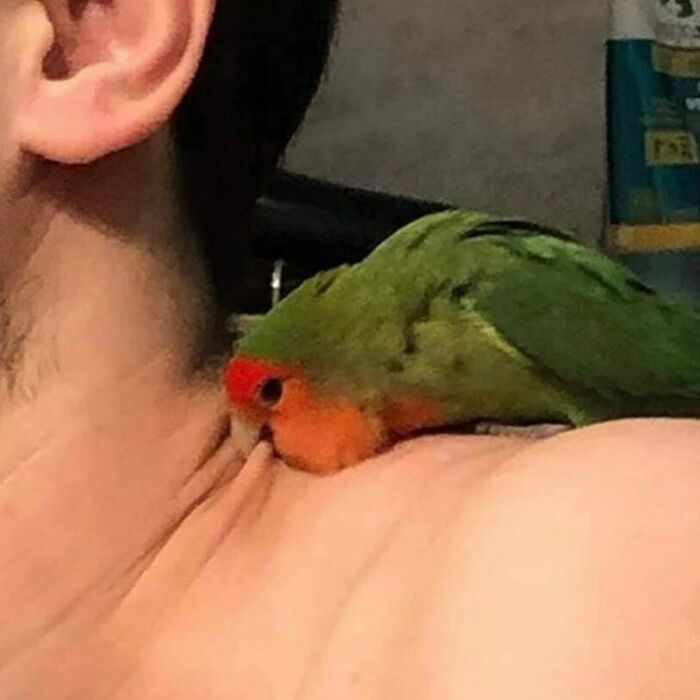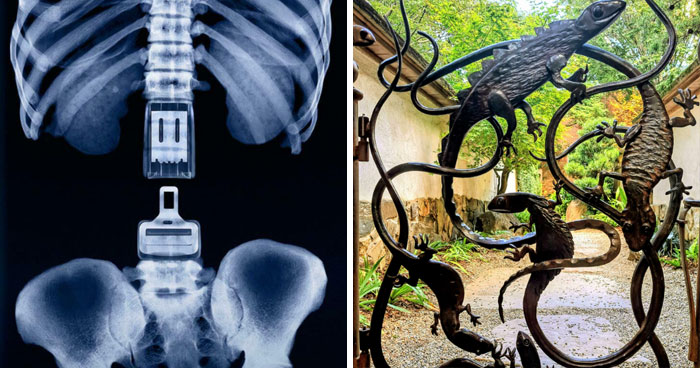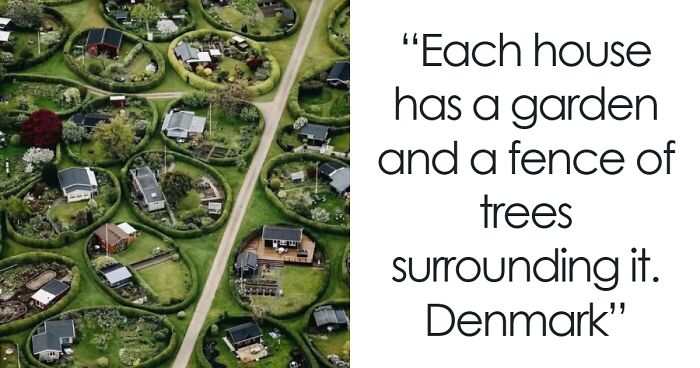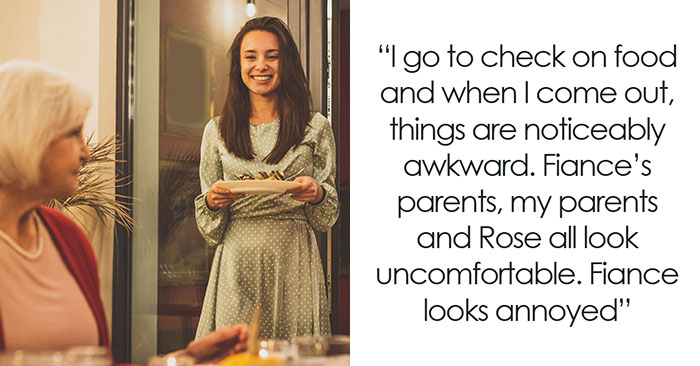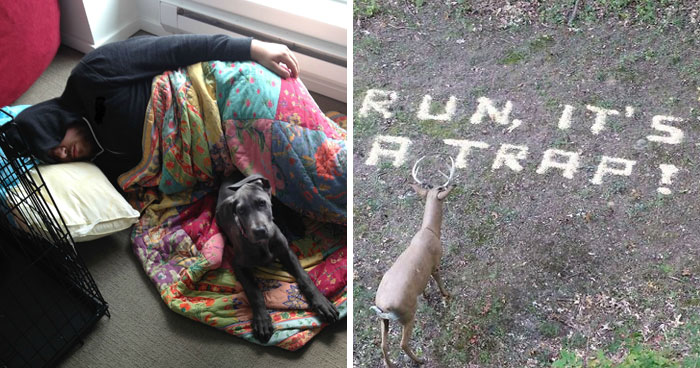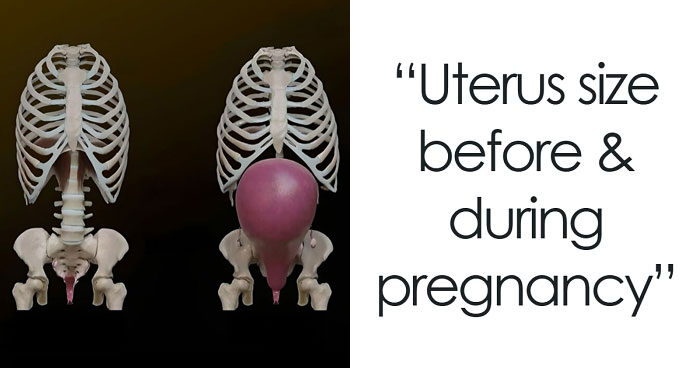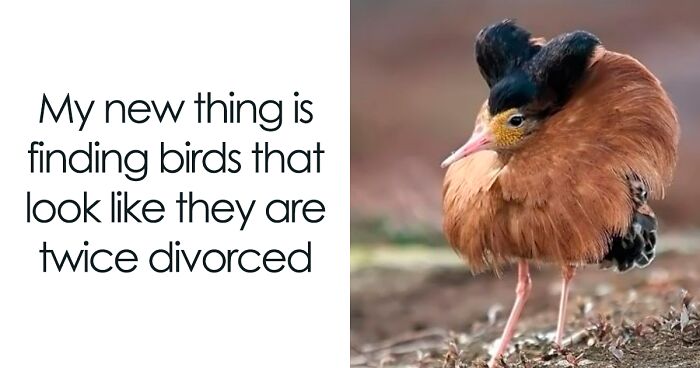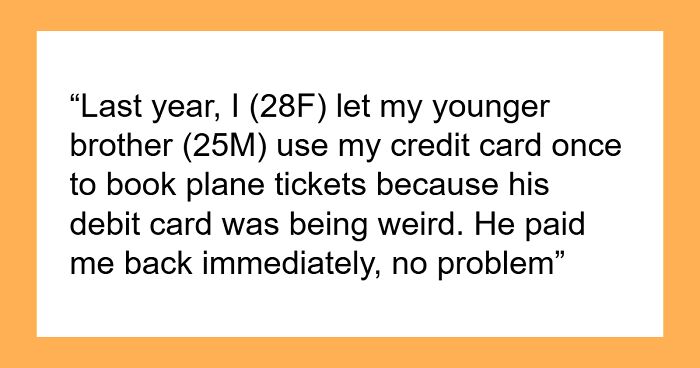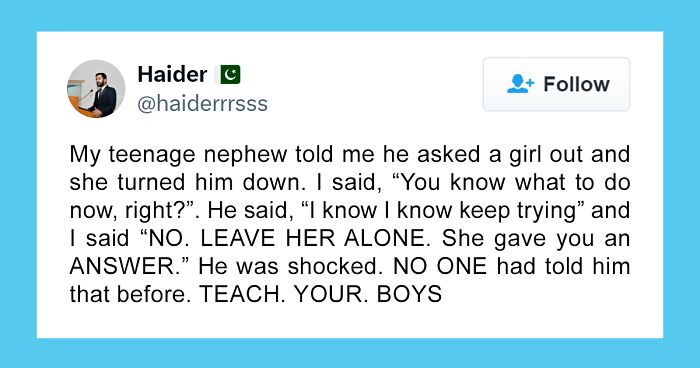
‘Not My Animal’: 40 Animal Pics That Just Don’t Make Any Sense, As Shared On This Instagram Account
Animals are truly amazing. With millions of different species on the planet, it would take lifetimes to fully understand the complexity of the animal kingdom. They also provide us with so much, from companionship to protection to a reason to get outside for some fresh air and a walk each morning. Aside from the affection we are lucky to receive from our furry (and scaley and feathery) friends, they can also be extremely entertaining. No matter how smart an animal may be, they're still capable of doing ridiculously goofy things with no concept of how silly they look.
To celebrate all of the adorable oddities of animals, the Instagram page "Not My Animal" was born. With over 200k followers at the moment, this account features a seemingly endless supply of hilarious photos catching animals at just the right moment. We've gone through to find some of the best examples of comical and confusing pics that we hope you'll enjoy as much as we did.
And after you've giggled your way through this list, be sure to check out these other Bored Panda pieces highlighting even more of the adorable quirks of animals.
This post may include affiliate links.
It's no secret that many people have an affinity for animals. How can anyone resist a warm, fluffy puppy begging you through its large, round eyes to pick it up? Or a tiny, curious kitten in need of playtime who begins pawing at the loose strings hanging off your jeans? Our love for animals dates back far before we were able to create Instagram accounts for our cherished pets. In fact, there is "archaeological evidence [that] dogs were the first animals domesticated by humans more than 30,000 years ago", Boehringer Ingelheim tells us. Man's best friend was even domesticated over 10,000 years before horses, sheep and cows.
Back then, the human-dog relationship was already mutually beneficial, just in a slightly different way than today. After wolves began scavenging food scraps from people, the idea was born to provide them with shelter and protection in order to domesticate them. In turn, the wolves started helping people hunt for food, and over time, they evolved into the dogs we know and love today. But these ancient dogs were not only used for practical reasons. Skeletons of dogs have been discovered buried alongside human companions dating back over 14,000 years. Even then, there was a strong enough emotional connection for people to honor their beloved pets in life and death.
There's no question that many people love animals. Just ask any pet owner to show you a photo of their non-human child and they'll begin gushing and scrolling through their camera roll like a first-time parent would with pictures of their infant. What only some pet lovers dare to wonder is whether or not their animals love them back. In terms of the emotional depth of animals, scientists are constantly making new discoveries. “Non-human animals are amazing beings. Daily we’re learning more and more about their fascinating cognitive abilities, emotional capacities and moral lives," says Dr. Marc Bekoff, a biologist, ecologist and author. "We know that fish are conscious and sentient, rats, mice and chickens display empathy and feel not only their own pain but also that of other individuals.”
One example of elephants displaying empathy comes from Lawrence Anthony, conservationist and author of “The Elephant Whisperer: My Life with the Herd in the African Wild". In his book, Anthony described learning how to communicate with elephants after observing how they communicate with one another. After Anthony's sudden death in 2012, his son remarked that the elephant herd began visiting their home every night, seemingly to pay their respects. Elephants have been observed grieving losses of their own many times before, but showing sadness for the loss of a human was a new development.
Carl Safina, author of the book "Beyond Words: What Animals Think and Feel" is passionate about how empathetic and intelligent animals are as well. In an interview with National Geographic, he shared that, "If you watch mammals or even birds, you will see how they respond to the world. They play. They act frightened when there’s danger. They relax when things are good. It seems illogical for us to think that animals might not be having a conscious mental experience of play, sleep, fear or love." He mentions that one reason people tend to ignore or deny the consciousness of animals is because it makes it easier for us to treat them differently, to use them for food and labor for example.
He goes on to say that, "People who watch wild animals don’t question whether they’re conscious or not because we see incredible intricacies of behavior and vast ranges of personalities." Safina also mentions that we are more similar to animals than many of us even realize. "Life is very vivid to [them]," he says. "In many cases they know who they are. They know who their friends are and who their rivals are. They have ambitions for higher status. They compete. Their lives follow the arc of a career, like ours do. We both try to stay alive, get food and shelter, and raise some young for the next generation. Animals are no different from us in that regard, and I think that their presence here on Earth is tremendously enriching."
In fact, Safina believes animals might be even more conscious than humans, in some ways. "I’ve studied wild animals a lot and I’m always struck by how extremely alert they are and how well they sense what’s going on around them... Modern day humans go outside and don’t see, hear or sense very well. Our senses have dulled over thousands of years of civilization and settled living. I think that an animal’s experience of life is much sharper and clearer."
Another wonderful way we benefit from a relationship with animals is how therapeutic their presence can be. According to Medical News Today, animal therapy has become a popular method to help alleviate symptoms for those struggling with mental health issues, as well as those with autism, dementia, ADHD and schizophrenia. Animal therapy builds on the "human-animal bond", which can produce a calming state and reduce stress in patients. Interacting with a friendly animal can provide comfort, reduce levels of pain, improve movement or motor skills, help develop social skills and increase motivation towards physical and social activity. Having positive experiences with animals also improves the mood, and in turn the general well-being, of many patients.
There is a chemical reason we enjoy petting and cuddling with animals as well. Studies have found that friendly human-dog interactions boost oxytocin, also known as the "love hormone", levels in both people and dogs. Oxytocin is famous for helping us form bonds, combat stress, overcome fear and perhaps most importantly, feel warm and fuzzy. But dogs aren't the only animals that can have therapeutic effects. Psychologist Aubrey Fine uses dogs, a cockatoo and even a bearded dragon in his practice. "One of the things that's always been known is that animals help a clinician go under the radar of a child's consciousness," says Fine. "The child is much more at ease and seems to be much more willing to reveal."
OMG! He is now holding the cross! Won't anyone think of the children!! Someone call the exorcist!!!
How the turn tables. Edited to write that it's a reference from The Office.
A 2021 study at the University of Nottingham even explored how beneficial having an animal companion can be for members of the homeless population. The homeless participants of the study reported that their dogs provided protection, security and warmth, and that their "sense of responsibility for their companion animal encouraged less criminal activity and alcohol and drug use". The study deemed the relationship between these homeless individuals and their dogs "crucially important to them".
We are lucky to share our world with so many adorable and fascinating creatures. (And to share Instagram with the wonderful Not My Animal!) Just observing animals being their unapologetically goofy selves can spice up our mundane human lives, but interacting with these animals can do us even more good. I don't know about you, but I'm certainly feeling inspired to be a little more in touch with my wild side.
Don't forget to upvote your favorite images and let us know in the comments, what's the silliest thing you've ever witnessed an animal do?
Hi, now that I have your attention: We have been trying to reach you about your car's extended warranty.
"We were somewhere around Barstow, near the edge of the desert, when the drugs began to take hold."
I miss when all the bored panda posts used to be like this
I miss when all the bored panda posts used to be like this

 Dark Mode
Dark Mode 

 No fees, cancel anytime
No fees, cancel anytime 



